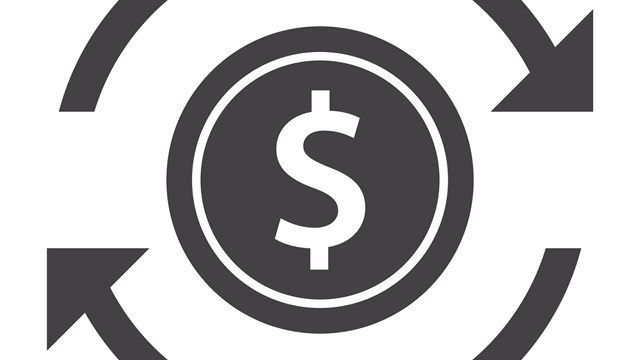
Q. I live in a Queens County cooperative complex with 250 units. I have lived here for more than 30 years, and have paid many assessments, always using the 'pro rata percentage' to calculate the assessment. The board has now determined that the elevators in our three buildings have to be replaced at a cost of $1,149,000. Needless to say, the co-op does not have that much money on hand, and will require a mortgage and a special assessment to be paid by the shareholders over a period of five years.
The co-op has many different-sized apartments and have many differently-allocated shares to each. My question is: Can the board pick an arbitrary amount and assess all the shareholders the same amount? or are they required to use the pro rata percentage and assess each share at the same amount, then multiply the total number of shares each shareholder owns?
—Shareholder Who Is Trying to Figure Out the Numbers
A. “The rules governing the allocation of assessments are usually found in the cooperative’s proprietary lease, and sometimes in the bylaws,” says attorney David Berkey with the New York City firm Gallet Dreyer & Berkey, LLP. “In almost every cooperative, an assessment is charged to tenant-shareholders in proportion to their share ownership in the cooperative.
“First, the board determines the amount of an assessment that will be charged to all shareholders in a particular year. Second, it determines the amount of assessment per share that will be charged to the shareholders. It does this by taking the total assessment and dividing it by the total number of shares outstanding. Third, it determines how much of the assessment each shareholder will pay by multiplying the amount of the assessment per share by the number of shares that each shareholder owns.
“For example, if the board of a 250-unit building that had 100,000 shares outstanding decides to assess all shareholders collectively an assessment of $1.5 million, the amount per share assessed to each shareholder would be $1,500,000/100,000 or $15 per share. The amount of the assessment payable by a shareholder that owns 1,500 shares would be $22,500 determined by multiplying 1,500 by $15. The amount of the assessment payable by a shareholder that owns 750 shares would be $11,250, determined by multiplying 750 by $15.
“When a cooperative borrows money to fund repairs, that loan is usually repaid over time, with principal and interest payments borne by the shareholders in proportion to their share ownership in the cooperative. The board might elect to assess the shareholders the total amount of principal and interest payable each year. A loan of $1.5 million, at an interest rate of 5% per annum, payable over 10 years, might cost the cooperative $191,000 in the first year. The board may raise maintenance, or choose to assess the shareholders to cover such cost. In a cooperative with 100,000 outstanding shares, the amount of the assessment per share in the first year would be $1.91 per share. A shareholder with 1,500 shares would be assessed $2,865 in the first year. A shareholder owning 750 shares would be assessed $1,432.50 in the first year. The board should not have the power to charge shareholders an arbitrary amount that is not related to their percentage of share ownership in the cooperative.”









Comments
Leave a Comment